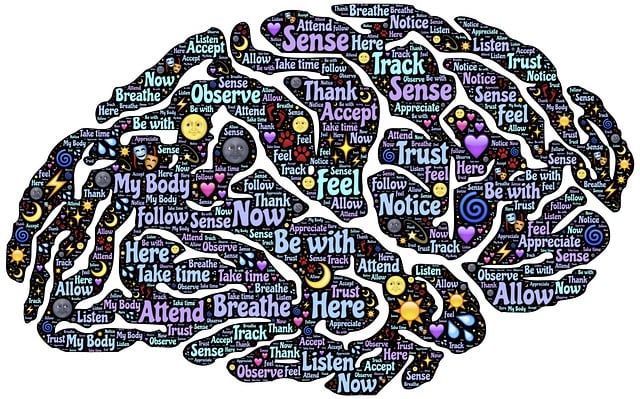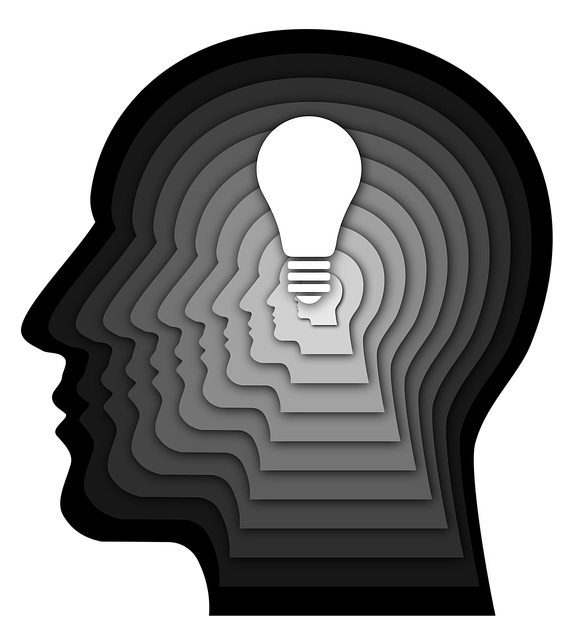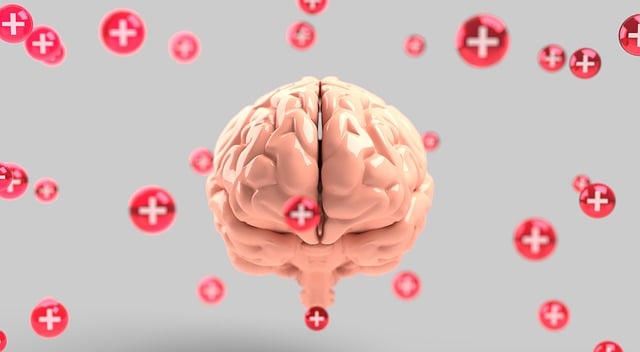Mental wellness is a key aspect of overall health, impacting daily life and relationships. In Denver, easy access to services like Denver Alcohol Abuse Therapy empowers individuals to take charge through practices such as journaling, social skills training, and emotional regulation techniques. Journaling, in particular, offers therapeutic benefits for stress, anxiety, depression, and trauma management, while also fostering resilience and improving life quality. Regular self-reflection through journaling, combined with tailored prompts and self-care, can enhance mental wellness alongside Denver Alcohol Abuse Therapy.
In today’s fast-paced world, mental wellness is more crucial than ever. This comprehensive guide explores how mental wellness journaling can be a transformative exercise for managing daily life stressors. Drawing from the therapeutic power of self-expression, this article delves into the benefits of journaling for mental health, offering practical steps to establish an effective routine. For those seeking support, Denver Alcohol Abuse Therapy highlights the importance of these practices in fostering holistic well-being.
- Understanding Mental Wellness and its Impact on Daily Life
- Journaling as a Therapeutic Tool: Benefits for Mental Health
- Practical Steps to Create an Effective Mental Wellness Journaling Routine
Understanding Mental Wellness and its Impact on Daily Life

Mental wellness is a vital aspect of overall health and well-being, encompassing our emotional, psychological, and social state. It affects how we think, feel, and act in our daily lives, impacting our ability to cope with stress, make choices, and form relationships. Understanding mental wellness is crucial, as it plays a significant role in determining the quality of our lives and overall satisfaction with our daily routines.
In Denver, where access to specialized services like Denver Alcohol Abuse Therapy is readily available, individuals can take proactive steps towards improving their mental wellness. Emotional well-being promotion techniques, such as journaling, social skills training, and emotional regulation practices, have been proven effective in managing stress, anxiety, and depression. These strategies not only help individuals navigate life’s challenges but also foster a sense of balance and resilience, ultimately enhancing their overall quality of life.
Journaling as a Therapeutic Tool: Benefits for Mental Health

Journaling has emerged as a powerful therapeutic tool, offering numerous benefits for mental health and well-being. By putting pen to paper, individuals can explore their thoughts, emotions, and experiences in a safe and private space, which is especially valuable for those seeking Denver Alcohol Abuse Therapy or struggling with various mental health challenges. This simple yet profound practice provides an opportunity for self-reflection, allowing people to gain insights into their feelings, identify triggers, and process traumatic events.
Engaging in regular journaling can significantly contribute to emotional well-being promotion techniques, helping individuals develop a stronger sense of self-awareness and resilience. It fosters a deeper connection with one’s thoughts, enabling better management of stress, anxiety, and depression. Moreover, as a form of creative expression, it encourages the exploration of personal goals, dreams, and aspirations, which are key aspects of mental wellness coaching programs development. Through this process, individuals can discover new perspectives, find clarity, and ultimately enhance their overall mental health journey.
Practical Steps to Create an Effective Mental Wellness Journaling Routine

Creating a mental wellness journaling routine can be a powerful tool for self-reflection and personal growth. Start by setting aside a dedicated time each day or week—consistently, as consistency is key to forming any new habit. Choose a quiet moment when you’re least likely to feel rushed or distracted. Begin with simple prompts like tracking your mood, listing things you’re grateful for, or jotting down challenges and how you navigated them.
Incorporate self-care practices into your journaling ritual—for instance, write about a relaxing activity you engage in regularly, or reflect on how certain exercises, like mindfulness meditation, aid in anxiety relief. Consider including drawings or collages to visually represent your emotions. Remember, this is a personal journey; tailor prompts to what feels most relevant for enhancing emotional intelligence and cultivating a healthier mind. For additional support, Denver Alcohol Abuse Therapy offers valuable resources, while Social Skills Training can further enrich your ability to process and communicate emotions effectively through journaling.
Mental wellness journaling can be a powerful tool for self-discovery and healing, offering individuals in Denver alcohol abuse therapy a means to process emotions, track progress, and cultivate resilience. By incorporating this practice into daily routines, individuals can enhance their mental health, gain clarity, and take proactive steps towards a fulfilling life. Remember, consistent reflection and expression through journaling may contribute to improved overall well-being and a more balanced lifestyle.














